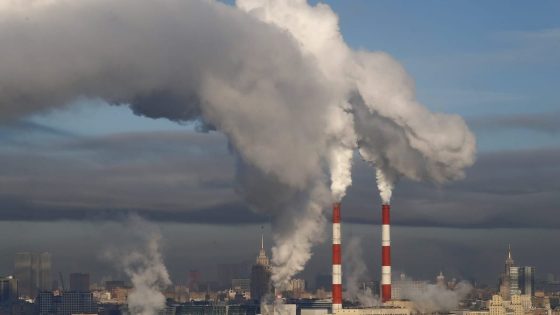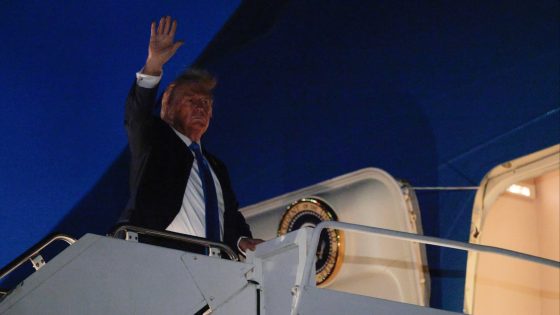The European Union is set to implement a significant ban on Russian natural gas imports, starting January 1, 2026. This move is part of a broader strategy to reduce reliance on Russian energy, a commitment reinforced during discussions on June 17, 2026. The EU aims to cut off funding that supports the Kremlin’s ongoing military actions in Ukraine.
- Import of Russian gas banned from 2026
- Exceptions for short-term contracts and landlocked countries
- New documentation required for gas origin
- Companies must report energy import origins
- Hungary and Slovakia resist energy sanctions
- Unanimous support needed for new sanctions
The new regulations will prohibit the import of natural gas via pipelines or as liquefied natural gas, with exceptions for short-term contracts made before the deadline. Notably, gas arriving in the EU through interconnection points will be classified as Russian unless proven otherwise. Countries must also submit plans to diversify their energy sources.
This unprecedented shift raises questions about energy security in Europe. How will countries like Hungary and Slovakia adapt to these changes? The situation underscores the need for strategic energy diversification across the continent.
- Countries must publish diversification plans to reduce dependency on Russian energy.
- New sanctions on Russian oil and fuel are in the pipeline.
- Exceptions for landlocked nations may complicate the ban’s implementation.
As the EU moves forward, nations must prioritize energy independence and explore sustainable alternatives to ensure a secure energy future.































